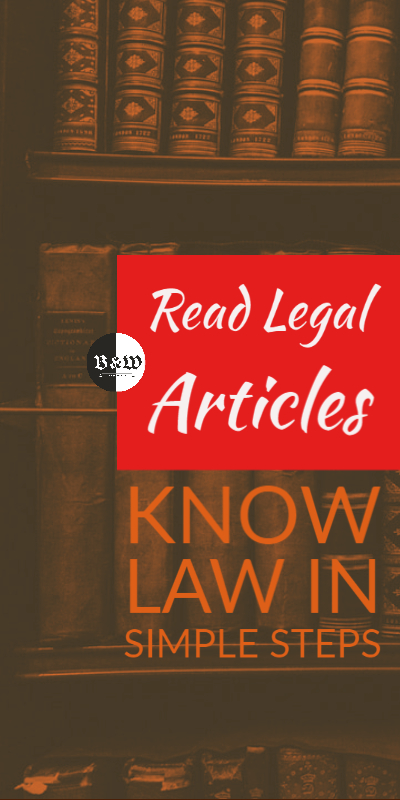How To Fast-track Service Disputes Without Going To A Civil Court | सिविल कोर्ट में जाए बिना सेवा विवादों का शीघ्र समाधान कैसे हो।
Exclusively for the interest of employees in service, the legal system has a distinct route exclusively looking into the service matters disputes, in pursuance of Article 323A of the Constitution, the Act called as ‘Service Tribunal Act’ 1985.
|
In this topic |
|
Employees in Public Service Departments often face dispute related to their service matters or various recruitment conditions, which need legal intervention and quick resolutions. Exclusively for the interest of employees in service, the legal system has a distinct route other than the general civil courts, exclusively looking into the service matters disputes., in pursuance of Article 323A of the Constitution, the Act called as ‘Service Tribunal Act’ 1985, extends to Central Administrative Tribunal, and State Administrative Tribunal, applies to disputes and complains of public services and complaints.
|
|
Jurisdiction & Authority of Administrative Tribunal |
|
|
|
|
|
Jurisdiction, Powers and Authority of Administrative Tribunal |
|
|
|
- The tribunal has, and exercise, the same jurisdiction, powers and authority in respect of contempt of itself as a High Court has and may exercise the provisions of Contempt of Courts Act, 1971
- The reference to the Advocate-General in Section 15 of the Administrative Tribunal Act shall be constructed –
- in relation to the Central Administrative Tribunal, as a reference to the Attorney-General or the Solicitor-General or the Additional Solicitor General; and
- in relation to an Administrative Tribunal for a State or a Joint Administrative Tribunal for two or more States, as a reference to the Advocate-General of the State or any of the States for which such Tribunal has been established.
Distribution of Business amongst the Benches |
- The appropriate Government may from time to time, by notification, make provisions as to the distribution of the business of the tribunal amongst the benches and specify the matters which may be dealt by each bench.
- If any question arises as to whether any matter falls within the purview of the business allocated to a bench of a tribunal, the decision of the Chairman be final.
|
Procedure to File Applications In Administrative Tribunals |
||||||||||||||||||||||||||||||||||
|
The general procedure of filing a applications to tribunal are given below:
Key Takeaway
|





